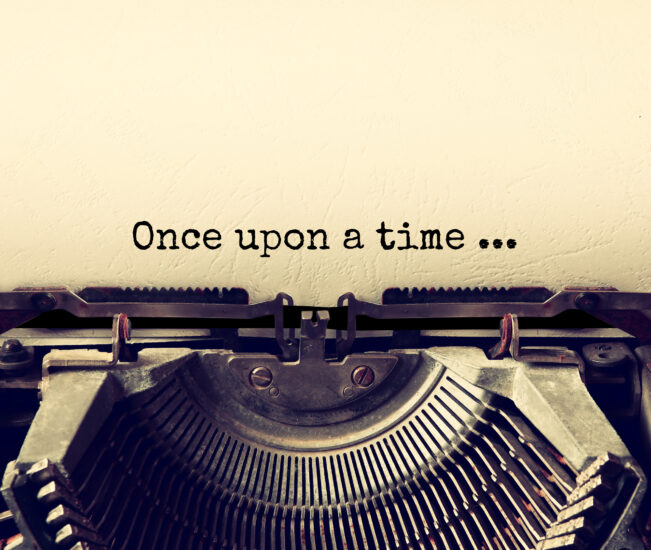
What does it mean to write a “People’s Friend” story? First and foremost, you must know what the magazine is about, or essentially what our readers are all about . . .
Our fiction guidelines state: “Our readers like people — ordinary people, with problems they can sympathise with, and in situations they can relate to. They’re optimistic — they like to see something good coming out of a situation, or the redeeming side of a character.”
Your aim should be to write well-crafted stories. While story writing can appear to be a serious business, but that doesn’t mean to say that a story shouldn’t be enjoyable to the readers. On the contrary, we often stress that “Friend” storytelling is all about entertainment.
Ultimately, the entertainment itself shouldn’t be convoluted. A solid story will have a beginning, middle and end, and it will have a heroine (or hero) with whom the readers can identify.
Show, Don’t Tell
Characterisation and plot have to be believable to the readers. Who doesn’t like to read about real-life inspirational accounts where people overcome adversity to win the day? It’s the same with our stories.
Key elements to effective story writing include giving your characters obstacles to overcome and goals to achieve. Finally, the writing mantra of “show, don’t tell” can vastly improve the dynamics of a story.
You can tell the readers either that your heroine is going on a blind date, or you can “invite” the readers into the story, showing them how she’s feeling about the upcoming date. The latter will hopefully amount to a more satisfying read.
You can find more tips on writing for the “Friend” in our Writing Tools section.




